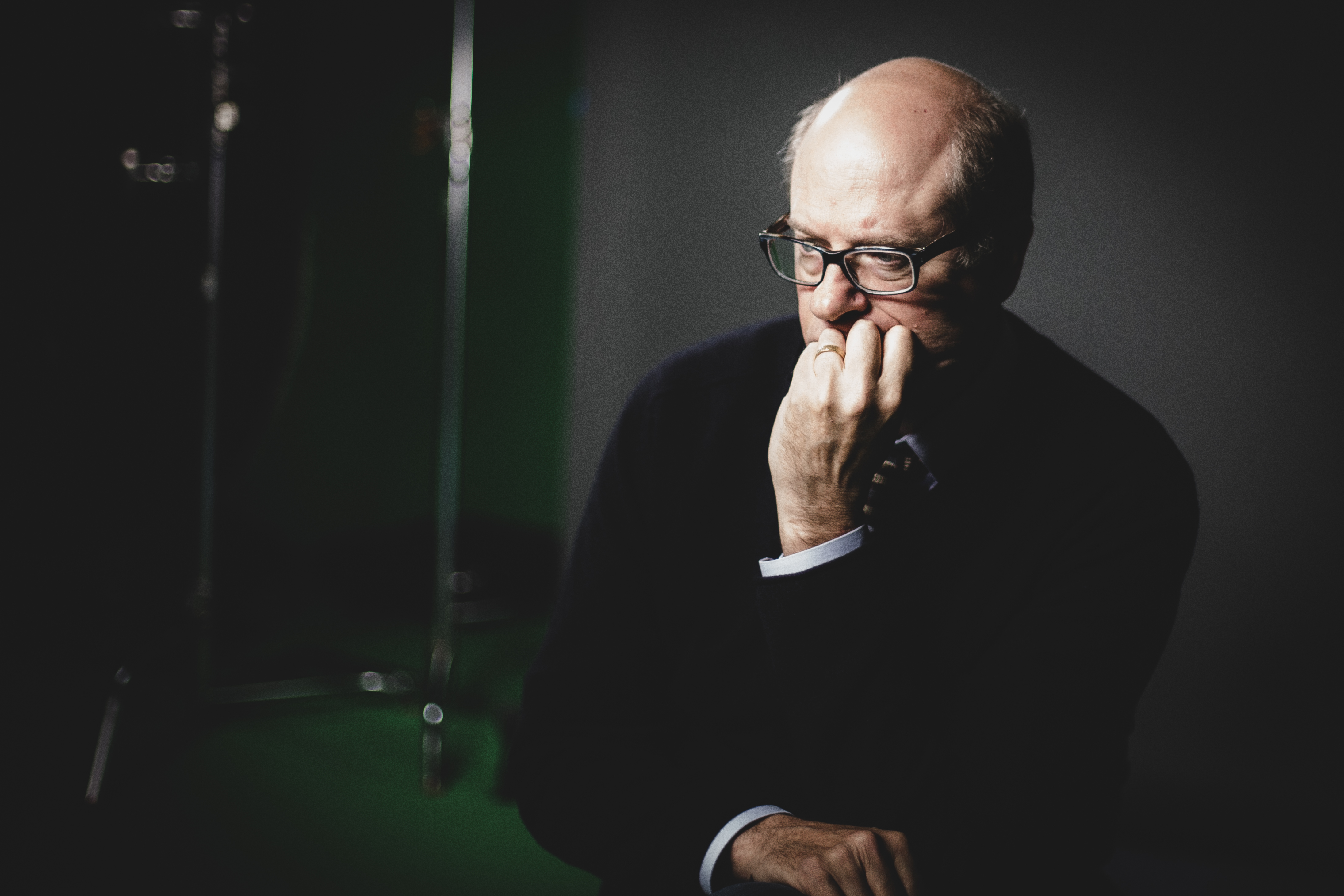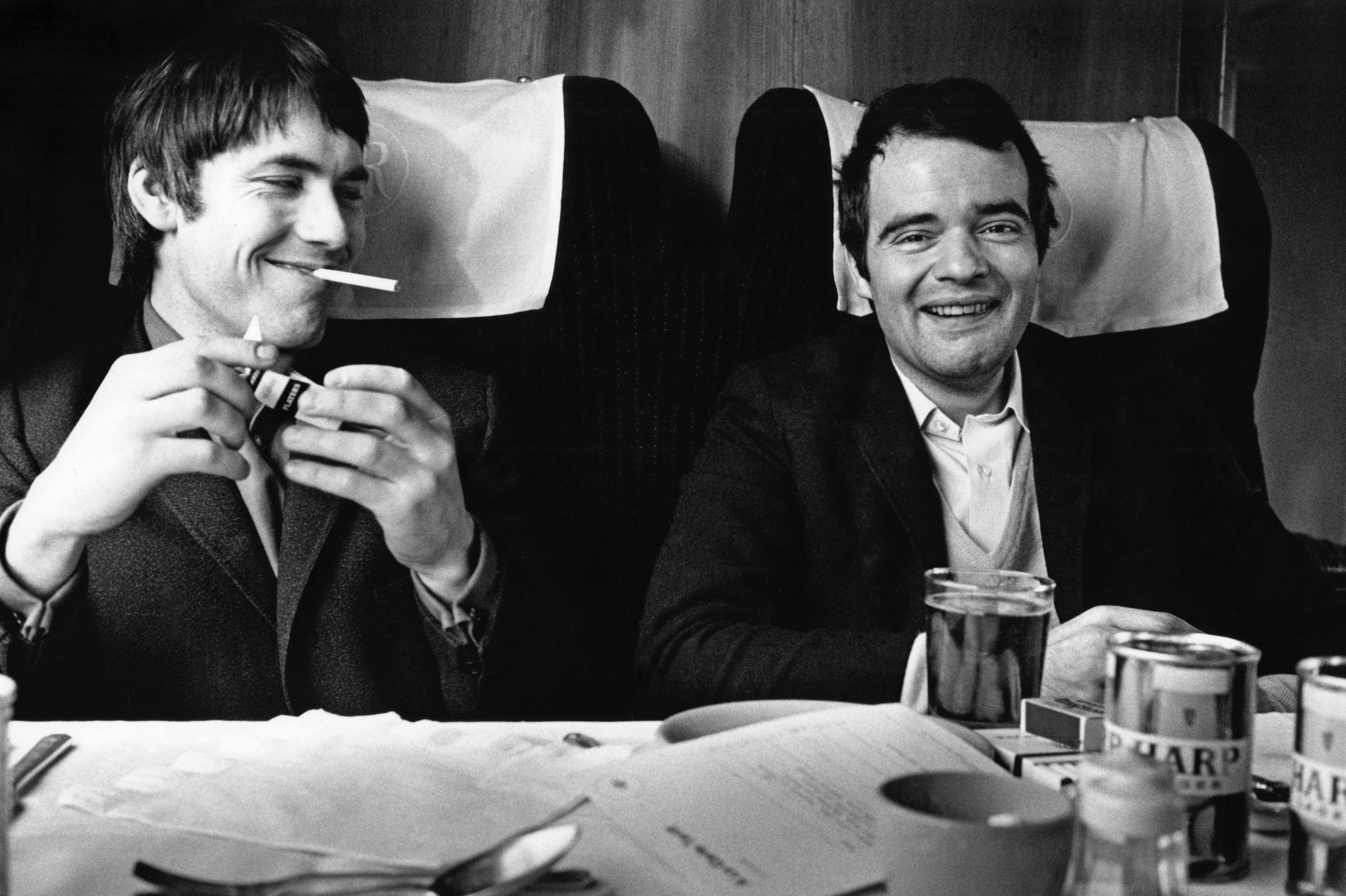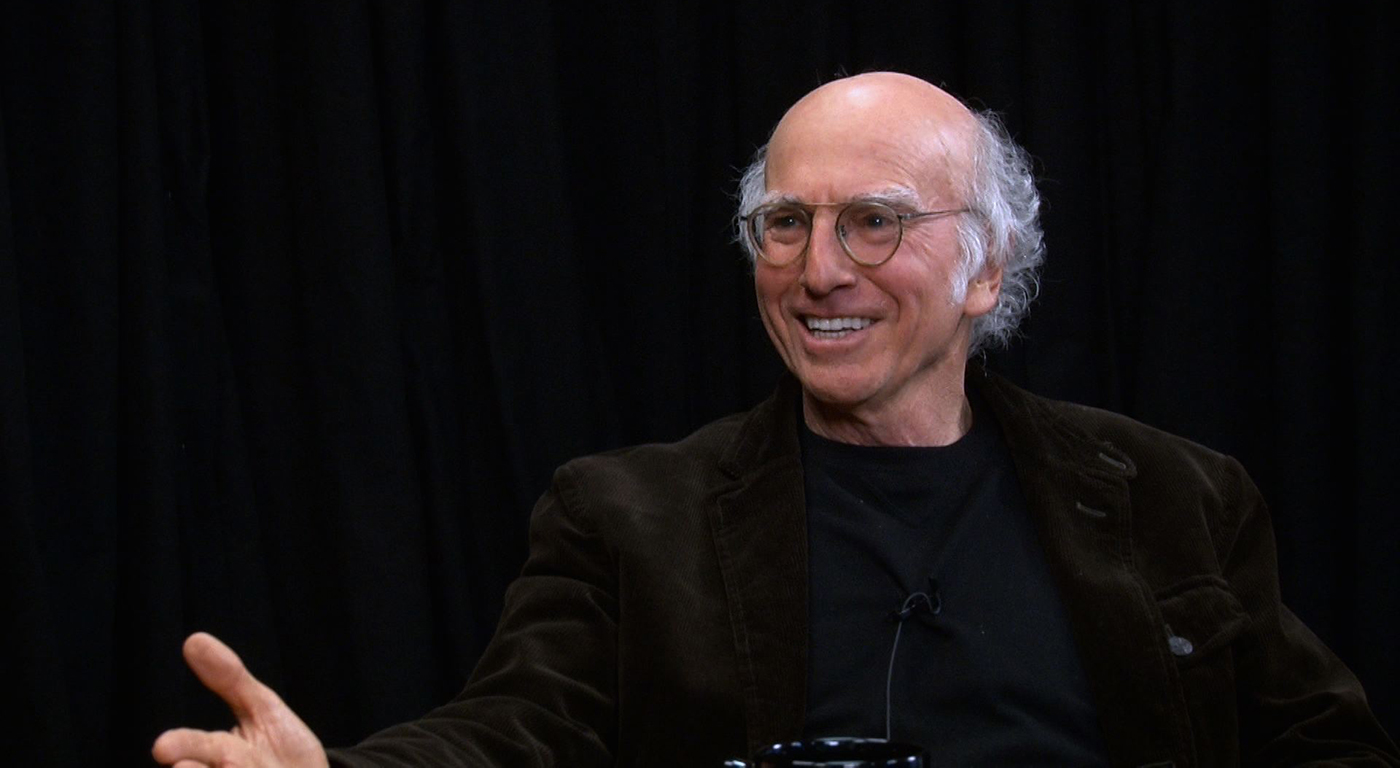THE MOST PLEASANT surprise of David Lynch’s G-rated film isn’t that it’s a family-friendly tale from America’s most subversive filmmaker, but that it’s still a genuine David Lynch movie. Here, he brings his often mesmerizing, measured pacing and out-of-step conversational style to the true 1994 story of Alvin Straight, a 73-year-old man who drove for six weeks on a riding mower—across two Midwestern states!–to patch up a decade-long feud with his estranged brother.
THE STRAIGHT STORY
directed by David Lynch
starring Richard Farnsworth, Sissy Spacek, and Harry Dean Stanton
opens October 22 at Harvard Exit
Richard Farnsworth plays the aptly named Straight, with twinkling blue eyes looking out from under a wispy head of white hair. He’s a proud, self-reliant man whose will is stronger than his body. In the first scene he lies helplessly on the floor after a fall, unable to get up. He suffers from weak eyesight, bad hips, and emphysema, and he can’t drive a car. “I’ve got to make the trip on my own,” he explains to his daughter, portrayed by the luminous Sissy Spacek in a heartbreaking performance. (The lurching rhythm of her speech impediment becomes something almost musical.) Thus determined to reconcile with his brother while time remains, Straight fires up his old John Deere and embarks on a 320-mile journey across the rural highways and back roads like a septuagenarian Easy Rider.
THE QUAINT SURFACES of small town life have always concealed dark secrets in Lynch’s past work, but The Straight Story is an unironic celebration of small-town values set to the unhurried pace of Alvin’s puttering mower. Days melt together as he drinks in the late summer colors of the prairie and simply watches from the shelter of a barn while rain falls outside. Along the way he dispenses sage wisdom to those he meets, advice given weight by Farnsworth’s easy sincerity and gentle face. He shares his life story with strangers along the road, doled out in tiny scenes. But Lynch’s strange perspective is still there as well. The hysterical ravings of a woman mourning a deer killed in the road are followed by Alvin’s venison dinner under the watchful gaze of stone deer statues.
Fortunately, Lynch never lets The Straight Story slide into melancholy or sentimentality. It always reflects his skewed sensibility, an odd mix of up-by-your bootstraps American conservatism and on-the-road romanticism. He never patronizes the final journey of a simple old man, but instead lets the quiet moments of wonder and connection give Alvin’s odyssey meaning.








